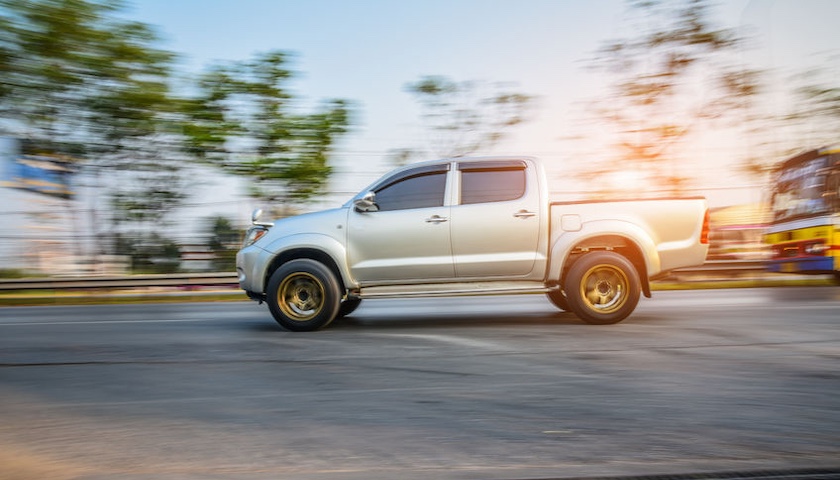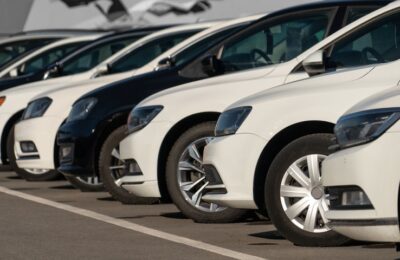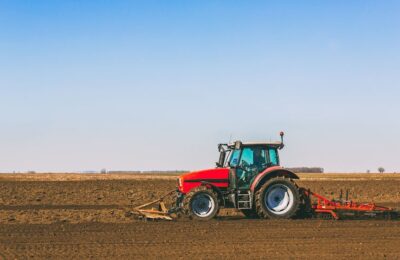“If it looks like a duck, swims like a duck, and quacks like a duck, then it probably is a duck.” There may be a lot of truth in this saying, but HMRC prefers a much more precise definition of what a ‘duck’ is. Famously, the taxman believed a Jaffa Cake should be regarded as a biscuit, not a cake, for VAT purposes. (A court decided it is a cake). Similarly, a court ruled that ‘Mega Marshmallows’ should be classed as an ingredient, not confectionery. This meant they are zero-rated for VAT. Now another controversy is back in the spotlight: is a double cab pick-up classified as a car or a van for tax purposes?
What is a double cab pick-up?
Double cab pick-ups are popular vehicles for company fleets and with farmers. Essentially, these vehicles are pick-up trucks, but they have a cabin with two rows of seats and four doors. This means they work well as company and family cars, as well as for transporting items.
Recently, HMRC has confirmed that it has extended its definition of double cab pick ups. It now includes pick ups with larger cabins. These variants are known variously as extended, extra, king and super cab pickups.
Why are they in the news?
Double cab pick-ups are back in the headlines because of the 2024 Autumn Budget.
The Budget implemented changes to tax rules applied to double cab pick-ups with a payload of 1 tonne or more.
- From 1st April 2025, they will be regarded as cars for corporation tax
- From 6th April 2025, they will be regarded as cars for the purposes of capital allowances, benefits in kind and some deductions from business profits
The reclassification of these vehicles as cars, not vans, will make them more expensive for businesses. Single cab pickups (those with a single row of up to three seats in the cabin) will remain classified as vans.
Why is this decision controversial?
Currently, HMRC classes double cab pick-ups over 1 tonne as vans. However, a 2020 court case threw doubt on whether this classification was adequate. The court’s ruling was that Coca-Cola’s Vauxhall Vivaros and VW Transporter T5 Kombis were in fact cars, not vans.
This was one factor that led HMRC to announce that, from 1st July 2024, ‘most if not all’ double cab pick-ups would be classed as cars. This was ‘because typically these vehicles are equally suited to convey passengers and goods and have no predominant suitability.’
However, this announcement caused an uproar among farmers and the motoring and construction industries. As a result, HMRC and the Treasury performed a swift U-turn, releasing this update:
The government has acknowledged that the 2020 [Coca-Cola] court decision and resultant guidance update could have an impact on businesses and individuals in a way that is not consistent with the government’s wider aims to support businesses, including vital motoring and farming industries.
The latest Budget announcement reverses this decision. According to the Countryside Alliance, the reclassification could increase the tax burden on a typical double cab pick-up by as much as 211%.
More detail about the double cab-pick up tax changes
As we’ve seen, the tax changes come into force on two different dates in April 2025.
The existing capital allowances treatment will apply to firms who buy double cab pick-ups before April 2025. There will also be transitional benefit in kind arrangements for employers who buy, lease or order a double cab pick-up before 6th April 2025. They will be able to use the present tax treatment, until the earlier of the following three dates:
- The date of disposal
- The date of lease expiry
- 5th April 2029
Unfortunately, these vehicles will become a much more expensive option for businesses. From April 2025, it’s likely they’ll only be bought by firms that have an essential need for them.
If you are a THP client, and you’d like more information on the new tax rules relating to double cab pick-ups, please speak to your account manager.
About Mark Ingle
Owner-manager business specialist, Mark Ingle is key to building relationships with clients at the Chelmsford office. “I like to see clients enterprises grow and succeed.” Mark explains, “The team here has a lot to offer and I can see a lot of new businesses responding to that.”
Having worked for accountancy practices in London and Essex, Mark has worked with a range of companies varying in size. For Mark, THP stands out for its “local firm approach with the resources of a larger practice.”
Although a keen traveller, Mark is focused on giving his clients at THP the highest service, “Right now, I aim to help the clients we have to the best of my ability which will help me attract more of the right clients in the future.”
Mark’s specialist skills:
- Annual and Management Accounts
- Tax and VAT
- Strategy and Business Planning
- Marketing and Sales
- Business Development












